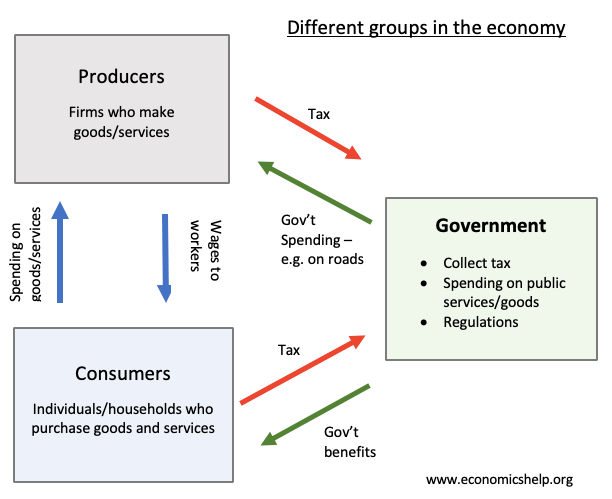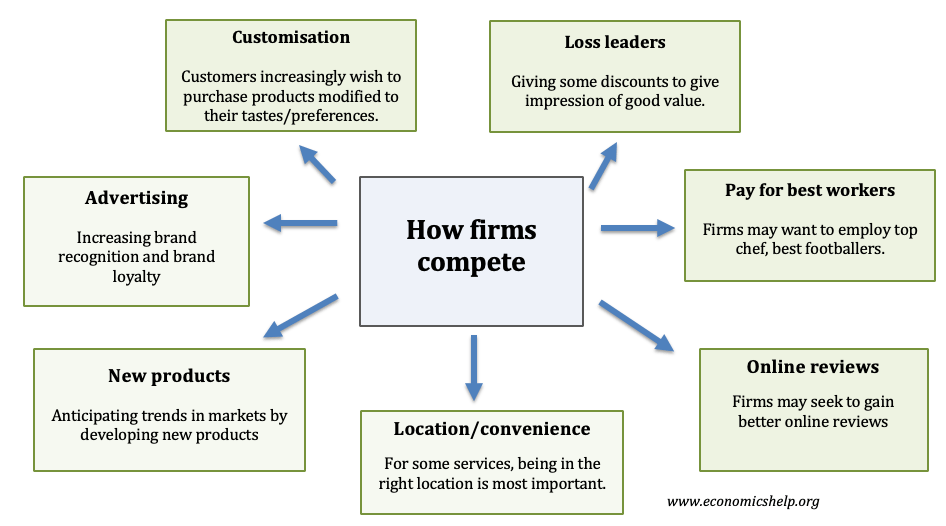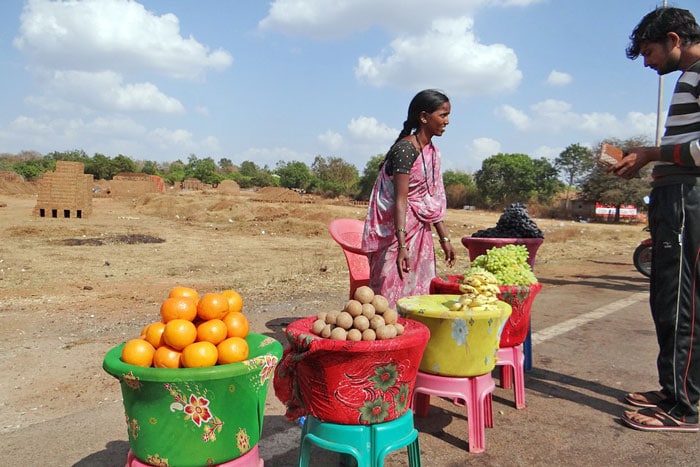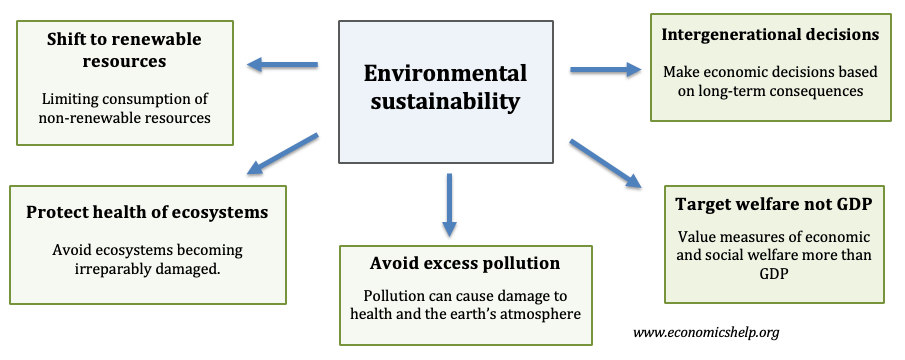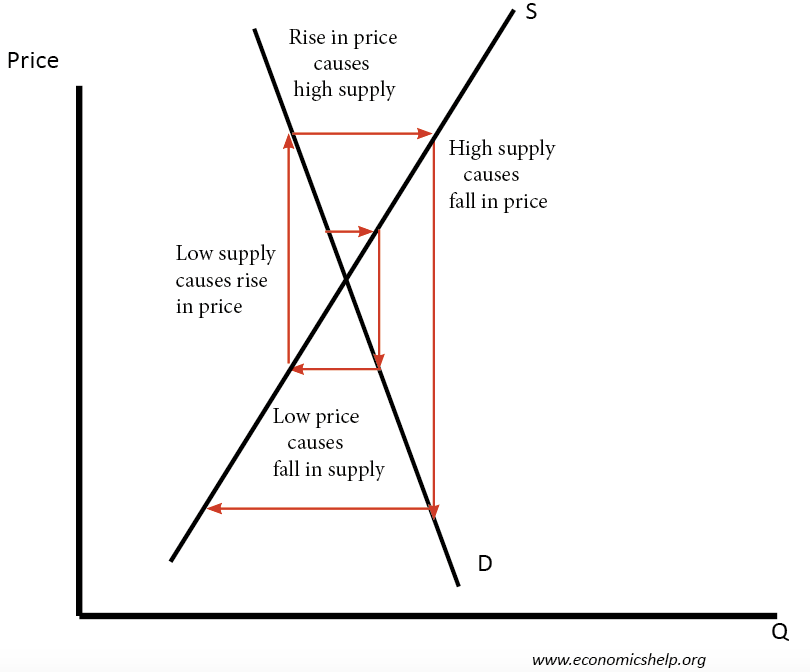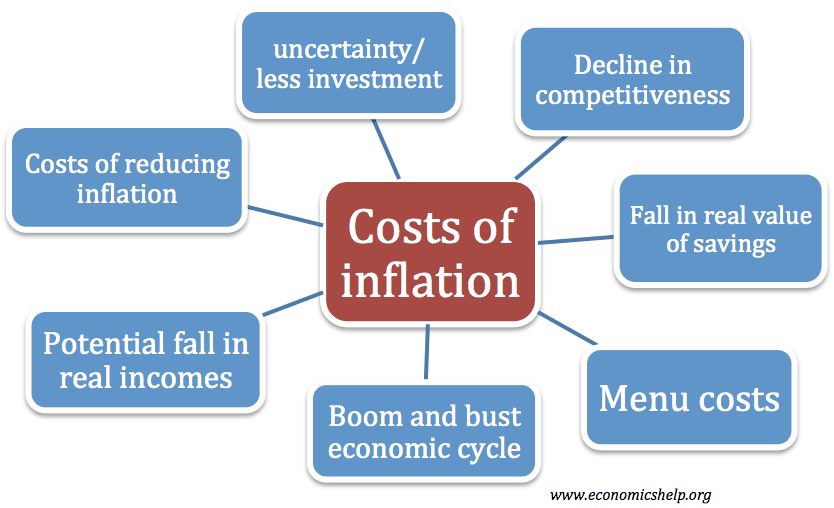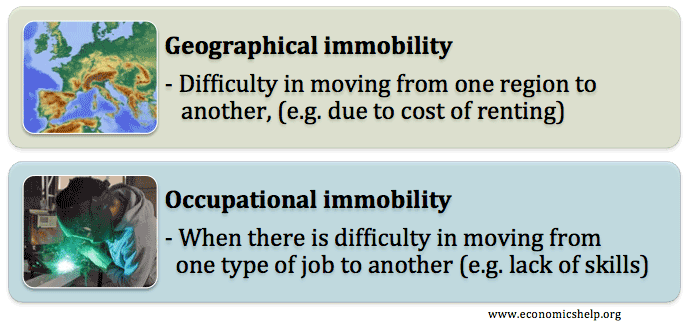The role of firms in the economy
In economics producers – often referred to as firms or companies play a role in using inputs (different factors of production) and producing goods and services (output). Firms play a key role in deciding what to produce and how to produce. Different types of firms Individual entrepreneurs – self-employed individuals Private companies – often small/mid-sized …

